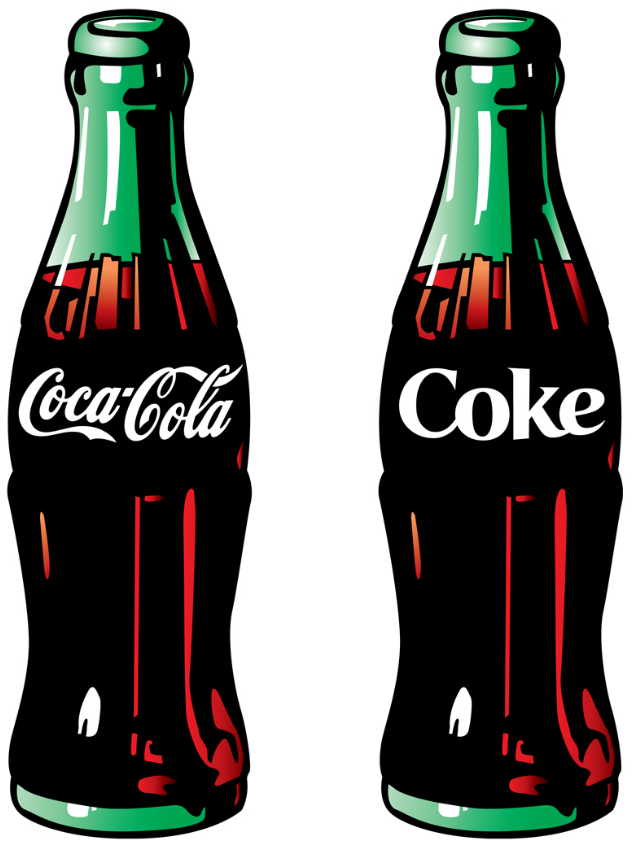A 10-YEAR FRIEND
We have faced a decade of friendship with Facebook. What an interesting decade it has been! We have gained many insights by observing the company’s inception, startup, growth, development, and strategy. Everyone has learned many lessons about business, the Internet, social media, trends, and demographics. Now, the most interesting question is where will Facebook be moving forward and how will it get there?
Recent data suggests that Facebook is falling out of use among teenagers and that other social media sites are gaining market share. Simultaneously, many have cited the amazing growth of Facebook among baby boomers and other demographic groups. As a baby boomer myself, I once affirmed I would never have a Facebook account. How untrue that is today! I see people of all age brackets using Facebook. Brad Stone and Sarah Frier identify some of the interesting and sometimes disputed statistics and developments concerning Facebook use among teenagers (“Facebook’s Next Decade” Bloomberg Businessweek , 2/3/14–2/9/14, pp. 44–49):
“ Although Snapchat doesn’t reveal how many users it has, some reports suggest that it, not Facebook, is the social network to beat among teenagers; Snapchat already handles more photos every day than Facebook. IStrategy Labs, a social media consulting firm, recently reported that Facebook’s teenage user base has fallen 25 percent since 2011. Facebook executives, including Zuckerberg, question the accuracy of such reports and note that a majority of teens still use Facebook every day, at a rate unmatched by any rival. ” (p. 47)
It could be that as social media continues to evolve, the one-size-fits-all strategy will become less fruitful for Facebook. Perhaps the very individuality that Facebook esteems among its users will be the impetus that drives some users to other networking sites. I am not stating this as a known fact. Rather, I am simply raising the possibility. If this is the case, then Facebook might experience a steady loss of users on the back end and yet remain successful due to a sufficient number of new users enrolling on the front end. Keith Rabois (venture capital partner with Kholsa Ventures in Silicon Valley) holds a similar view concerning user segmentation:
“ ‘No one individually has quite yet displaced Facebook. . . . But as more and more people choose another social platform as their primary hub, it’s a real problem. They could be losing one segment at a time.’ ” (p. 46)
That last sentence is the most telling and the most interesting. Facebook could be losing one segment at a time. When that kind of a loss occurs, sometimes you do not fully realize it until it is too late.
It occurs to me that although Facebook is popular, that popularity is never a guarantee that all people will automatically gravitate to it and stick with it. In cases where users have a specialized interest or a more private endeavor, the frontrunner social-media site is not necessarily where they want to be. The Internet offers massive numbers of alternative networking sites that meet certain users’ needs much more efficiently and specifically.
One thing is certain—the next decade with our friend will be even more interesting than the first decade.










